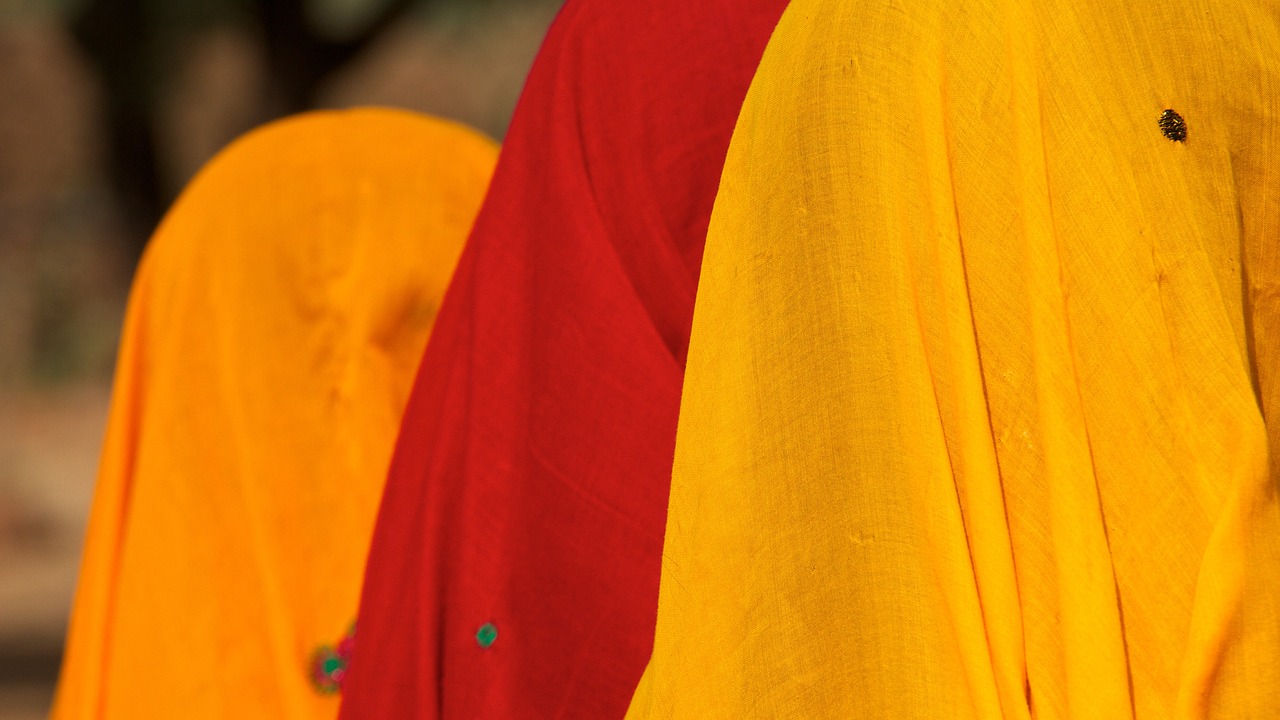The Politics of Election Financing: Transparency vs. Corruption
In the realm of election financing, key players emerge as significant forces shaping the landscape of political campaigns. Political parties, armed with strong fundraising apparatuses, play a central role in funneling resources towards candidates. Their ability to mobilize financial support and allocate it strategically can heavily influence the outcome of elections.
Moreover, individual donors also wield considerable power in election financing. Wealthy contributors can pour substantial amounts of money into campaigns, potentially swaying public opinion through advertising and other forms of voter outreach. Their contributions can be pivotal in helping candidates gain visibility and credibility in the competitive arena of politics.
The Role of Special Interest Groups
Special interest groups play a significant role in shaping the outcomes of elections. These groups are made up of like-minded individuals or organizations that advocate for particular causes or issues. They often provide financial support to candidates who align with their interests, thereby influencing the policies and decisions that are made by elected officials.
By backing candidates who share their values, special interest groups can effectively amplify their voices and influence the political landscape. This can lead to policies that cater to the preferences of these groups, sometimes at the expense of broader societal interests. The role of special interest groups in politics can be controversial, as some argue that they wield undue influence over decision-making processes, undermining the democratic principles of equal representation and fair governance.
• Special interest groups are made up of like-minded individuals or organizations
• They advocate for particular causes or issues
• Provide financial support to candidates who align with their interests
• Influence policies and decisions made by elected officials
Special interest groups play a crucial role in shaping the outcomes of elections by backing candidates who share their values. This amplifies their voices and allows them to influence the political landscape, sometimes leading to policies that cater specifically to their preferences. However, this influence can be controversial as it may come at the expense of broader societal interests. Critics argue that special interest groups undermine democratic principles by exerting undue influence over decision-making processes, potentially compromising equal representation and fair governance.
Impact of Dark Money on Elections
Dark money has become a prominent issue in modern electoral processes, as it introduces a level of opacity that can skew the democratic representation of voters’ interests. The influx of undisclosed funds into political campaigns by various entities, such as nonprofit organizations or shell companies, raises concerns about the accountability and transparency of the electoral system. By masking the true origins of financial support for candidates or causes, dark money can undermine the public’s trust in the democratic process, leading to questions about whose interests are truly being represented in elections.
Moreover, the proliferation of dark money in elections can create an uneven playing field where wealthy donors or interest groups have outsized influence over political outcomes. This financial imbalance can distort the democratic principle of one person, one vote, tilting the scales in favor of those who can afford to pour significant sums of money into campaigns without disclosing their identities. As a result, the impact of dark money on elections can potentially subvert the foundational principles of democracy by amplifying the voices of the privileged few while silencing the voices of the broader electorate.
What is dark money?
Dark money refers to funds used to influence political campaigns or elections that come from undisclosed sources, making it difficult to track where the money is coming from.
How does dark money impact elections?
Dark money can have a significant impact on elections by allowing special interest groups and wealthy donors to influence the outcome without transparency. This can result in skewed policies and biased decision-making by elected officials.
Are there regulations in place to address dark money in elections?
While there are some regulations in place, such as requiring disclosure of campaign contributions above a certain threshold, loopholes still exist that allow dark money to flow into elections. Efforts to close these loopholes continue to be a point of contention in political debates.
Who are the key players in election financing?
Key players in election financing include political parties, candidates, PACs (Political Action Committees), super PACs, and special interest groups. These entities raise and spend money to support their preferred candidates or causes during elections.
What is the role of special interest groups in election financing?
Special interest groups play a significant role in election financing by using their resources to support candidates who align with their interests. This support can come in the form of campaign contributions, advertising, and other efforts to sway voter opinions.





